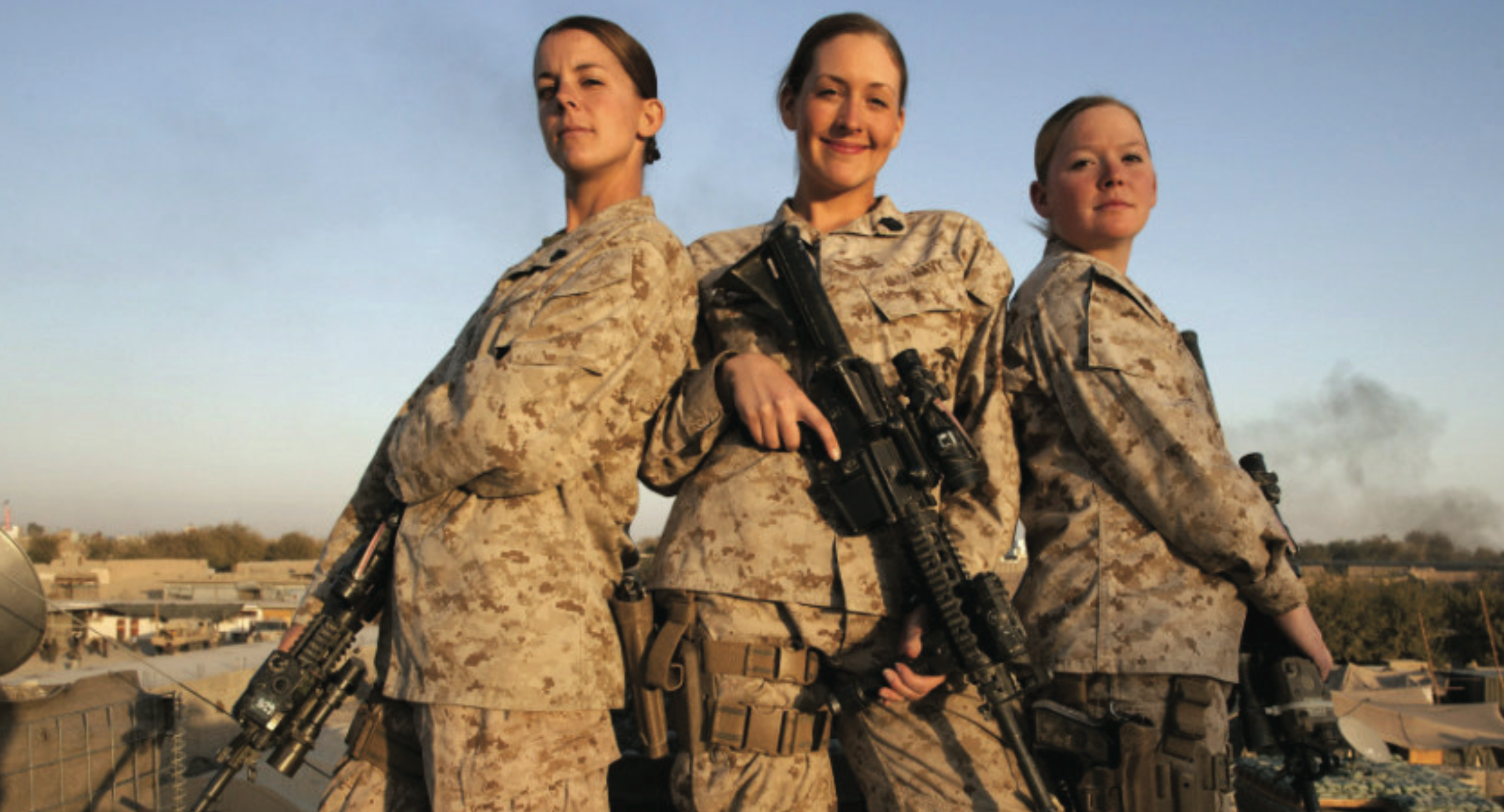The decision to open ground combat positions to female soldiers invoked a discussion at the Clarkson ROTC program. Some individuals feel that the majority of women may not be fit for such a stressful environ- ment and are concerned about lowering the standards for elite combat units. Others feel that anyone who can pass the same aptitude tests will flourish on the field of battle.
“Females have been serving in combat positions since Desert Storm. I remember fighting alongside female mechan- ics who were right in the line of fire,” retired Major Scott Toth, the enrollment officer for the Golden Knight Bat- talion says. Toth stressed that this decision does not give fe- males the chance to fight in the most dangerous section of the battlefield. In modern com- bat soldiers are constantly ex- posed to danger, and an attack could come from anywhere at any time.
“Usually the females are some of the better candidates. They’re motivated and driven,” Cadet Lt. Colonel Neil Devendorf ’16 says. Devendorf de- scribed a training exercise he attended his freshmen year at Fort Drum where two of the females in his class graduated from the highly competitive air assault school program. This is a difficult program and most male cadets did not pass the test, Devendorf adds.
“I think it’s a bad idea. Most females aren’t as strong as males and we shouldn’t lower our standards to accommodate them,” Cadet Major Crystal Shauger from Clarkson Uni- versity says. Crystal expressed concern that female soldiers will not meet the physical and mental standards required to perform effectively in combat positions. “It’s just different. Could you imagine what would happen to a female soldier who was captured?” Shauger added.
“I think females should be held to the same standards. This is really a great step in the right direction,” Senior Cadet Major Alexandra Day says. She noted that next year’s ROTC class will feature two females in senior officer positions. “I have a pilot slot lined up after college. Now there aren’t many females who do that. I think it’s going to change in a couple years,” Day says.
Females have been serving in the armed services since our country’s inception. Mary Hays McCauley fought along- side her husband at the Battle of Monmouth in the American Revolution. In Desert Storm, Gwen Schallow became the first female to pilot an Apache Gunship in combat. This year, First Lt. Shay Haver, and Capt. Kristen Griest graduated from the Ranger School in Fort Ben- ning Georgia, becoming the first females to do so.
The news arrived last Thursday when Defense Secretary Ash Carter announced that all combat positions would open up to female soldiers. Congress has 25 days left to decide whether Carter’s decision is constitutional.
Additionally, the Obama administration expects that the armed forces will be fully integrated by 2016.



